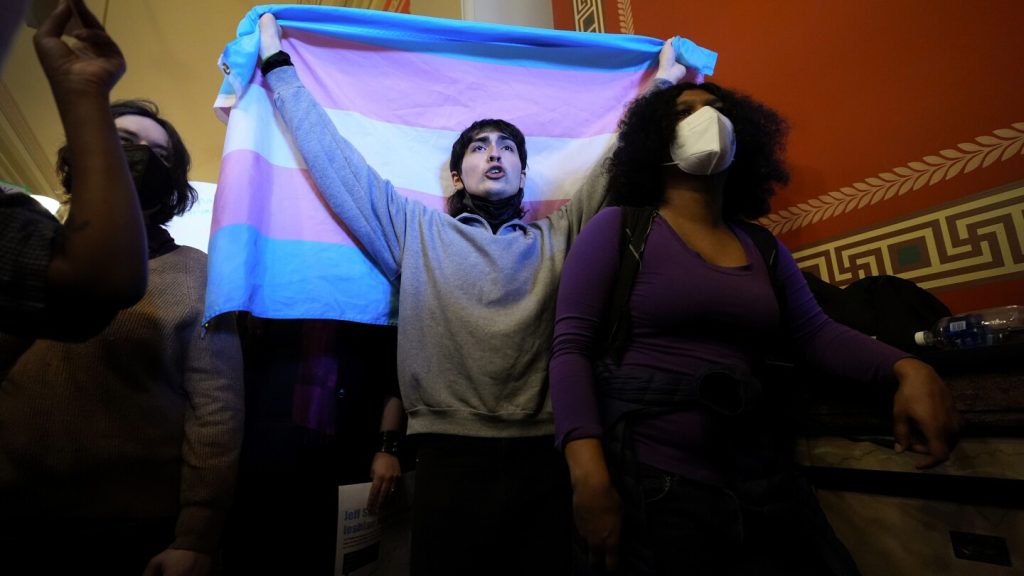Several significant legal and legislative developments occurred this week across states in the United States, highlighting the ongoing national debate over the rights of LGBTQ+ Americans. In Florida, a legal settlement was reached regarding a law that barred instruction on sexual orientation and gender identity in public schools, allowing students and teachers to discuss LGBTQ+ issues. The settlement also clarified that schools can address bullying of LGBTQ+ individuals and teachers are not required to remove rainbow flags from classrooms. Similar restrictions on LGBTQ+ issues have been implemented in other Republican-controlled states, further fueling the debate over LGBTQ+ rights.
Arkansas made headlines by stopping residents from using the designation “X” on driver’s licenses to indicate gender identity, reverting to only “F” or “M”. This policy change was made despite objections from some Democratic lawmakers and is reflective of a broader trend in states seeking to limit recognition of gender identity. Additionally, Kansas faced legal challenges related to allowing transgender individuals to change the sex designation on their licenses, with the American Civil Liberties Union announcing plans to appeal the ruling on behalf of transgender clients. The struggle over gender identity recognition continues to be a contentious issue in many states.
Lawmakers in various states are considering restrictions on gender-affirming care for minors, with Kansas recently approving a ban on puberty blockers, hormones, and gender-affirming surgery for individuals under 18. This move, seen in other states as well, underscores the ongoing efforts to limit medical treatments for transgender youth. Tennessee is also exploring legislation that would prevent minors from traveling out of state for gender-affirming care without parental consent, echoing concerns raised by LGBTQ+ rights advocates. The push to restrict gender-affirming care reflects a broader effort to impose limitations on LGBTQ+ individuals at both the state and national levels.
The issue of Medicaid funding for gender-affirming care has come to the forefront in Idaho, where lawmakers are considering a ban on public funding for such services through Medicaid and state employee health insurance plans. This move follows legal disputes in the state over access to gender-affirming surgery, indicating a broader resistance to supporting transgender healthcare needs. In a related development, a group of college athletes filed a lawsuit against the NCAA in Atlanta, accusing the governing body of violating their rights by allowing transgender women to compete in women’s sports. This lawsuit adds to the ongoing debate over transgender inclusion in sports, with conflicting state laws and court battles shaping the landscape.
The legal and legislative actions taken this week highlight the complexities and divisions within the national debate over LGBTQ+ rights. While some states are implementing restrictions on gender identity recognition, gender-affirming care, and LGBTQ+ education, others are pushing back through legal challenges and advocacy efforts. The evolving legal landscape underscores the importance of ongoing dialogue and advocacy to protect the rights and dignity of LGBTQ+ individuals. As the national debate continues, it remains to be seen how these conflicting policies and legal battles will impact the lives of LGBTQ+ Americans across the country.


